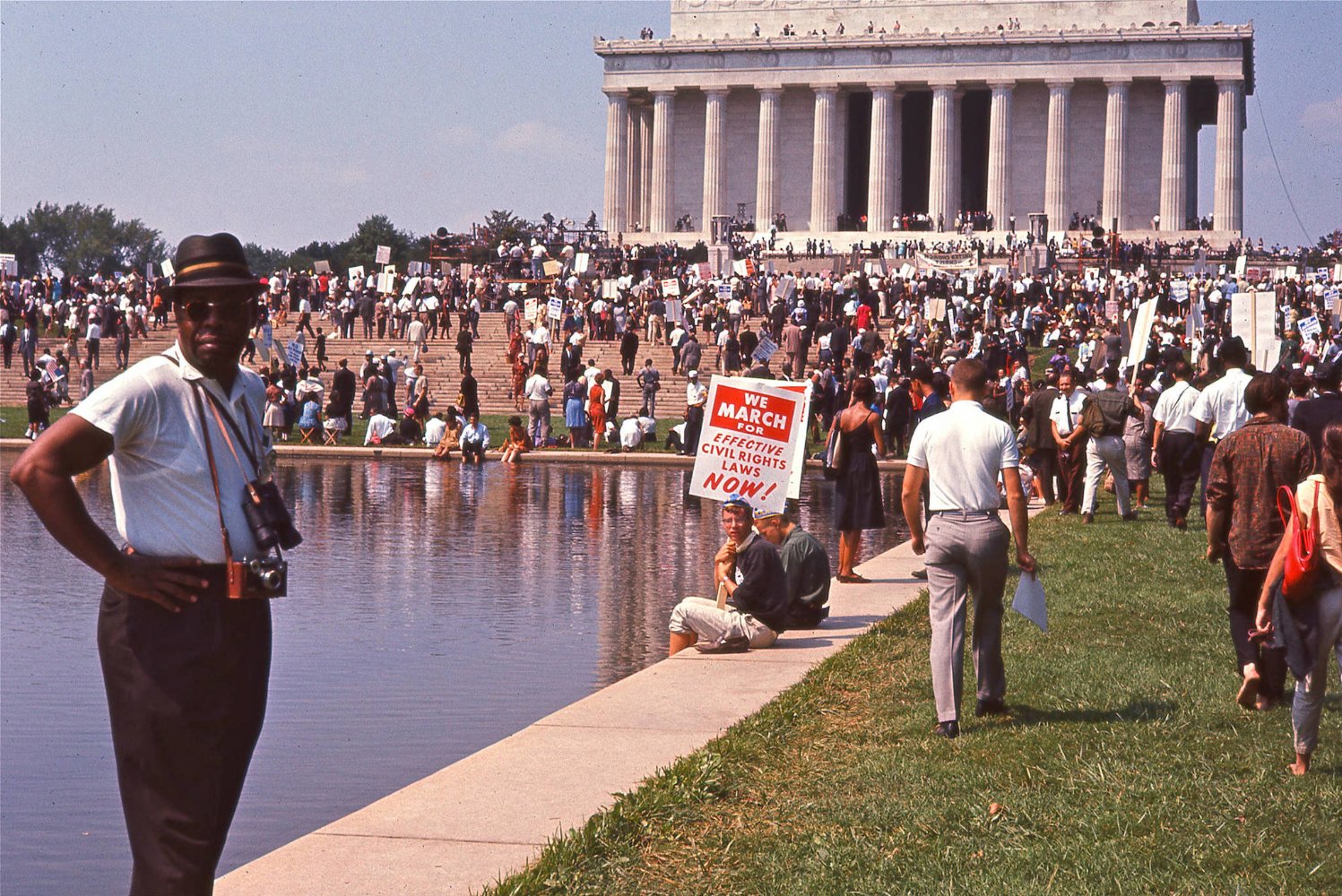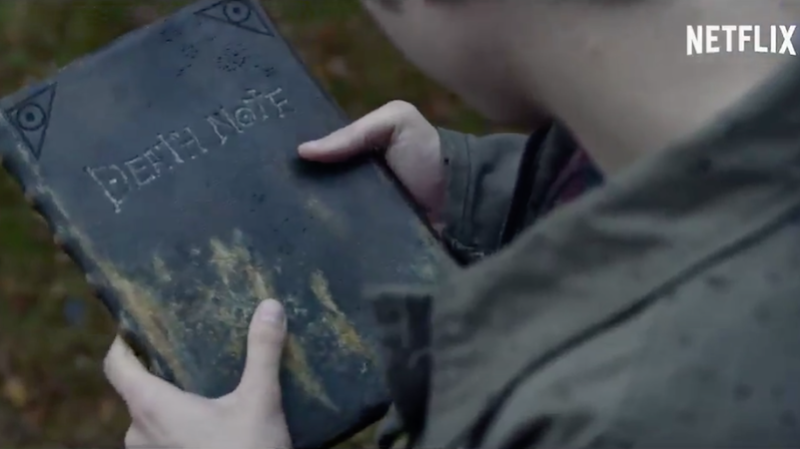Ziggy Katz (Finn Wolfhard) has built up a following on a fictional TikTok equivalent, HiHat, where he crafts lovey-dovey indie rock songs for an audience as they tip him. He has 20,000 followers, and he’s not afraid to tell you about it—it’s his icebreaker. His mother, Evelyn (Julianne Moore), is a social worker that works at a domestic violence shelter. She is very focused on doing the greater good, even as it comes at the expense of her son. Their first interaction in first-time director Jesse Eisenberg’s When You’re Finished Saving The World is Evelyn shouting at Ziggy through a bathroom door, asking what he’s going to do with his live stream money. If it sounds like both characters are incessantly selfish and entrenched in their own worlds—well, they are.
There’s a typical divide between parents and teenagers, especially with the pressures of high school and self-discovery during the post-pubescent stage. It is commonplace for both people to do an awkward dance around each other. Ziggy and Evelyn don’t so much avoid each other, but almost serve as two rams, waiting for the next time to strike. Eisenberg, who also wrote the 2020 audiobook version, focuses on these two characters. Roger (Jay O. Sanders), the patriarch of the Katz family, is primarily an onlooker and sometimes a victim of Ziggy and Evelyn’s selfishness. You’re left to wonder, why don’t Ziggy and Evelyn talk things out? Especially because Eisenberg presents a scene in the second act that establishes the mother/son duo had a connection at one point. But the film explores their divide and what each character needs in other scenarios.
Ziggy likes Lila (Alisha Boe), a student who is passionate about activism. His first introduction to her doesn’t go as planned—fixated on the superficial, internal world he lives in. Soon after, he pivots his music to a more folk—Bob Dillon-esque style to impress her. Evelyn meets a mother/son duo named Angie (Eleonore Hendricks) and Kyle (Billy Bryk) at the shelter. After getting to know them, Evelyn takes Kyle on as a surrogate son—having him help with odd jobs around the building that Ziggy won’t do, buying Kyle presents, and pushing him to college. Both characters are so rigid in their approach that they ignore that the emotional fulfillment they seek is right in front of them every day. Evelyn becomes obsessed with crafting Kyle’s life, where it becomes almost uncomfortable to witness. Ziggy’s interest in Lila is genuine, but it’s not as clear if he can get out of his cocoon to see why she’s so heavy into her purpose.
Both Wolfhard and Moore do great work as two characters who cannot get on the same page in a familiar structure. The viewer may never get the sense that this divide will ever fix itself—as each character is so steadfast in their way for most of the runtime. The ending leaves things on an open-ended note, but it’s hard to see how that comes together if there was ever a moment of amiability. Families fight, stop talking, and have feuded over lifestyle choices and political opinions. When You’re Finished Saving The World tries to tie the characters together through brief exposition about the past, but the caustic nature of Ziggy and Evelyn’s discussions doesn’t leave the door open for happy moments.
Maybe the film will inhibit mothers and sons to relate to each other, but here’s, it’s the exact opposite. When You’re Finished Saving The World is a study of a house divided that doesn’t have to be if each character stepped outside themselves.
Read our reviews from Sundance 2022 here.
Photo Credit: Sundance Institute













